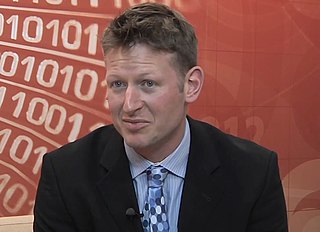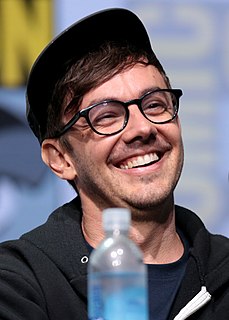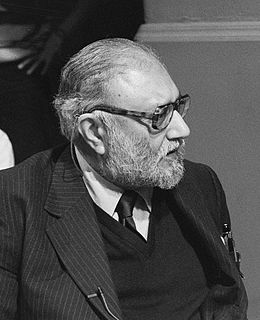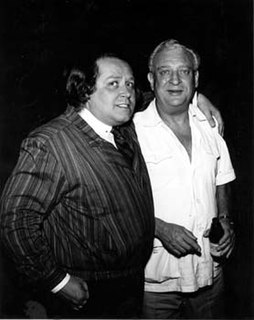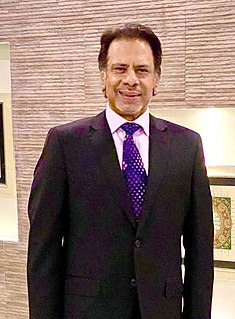A Quote by Craig Mazin
Chernobyl happened in April of 1986. A few months earlier, in January 1986, the Challenger space shuttle exploded. It did not have the impact on the environment and the amount of lives that Chernobyl did, but it was the result of the same exact problem: a failure of a lot of people and institutions over a long period of time.
Related Quotes
In 1986, the space shuttle Challenger exploded and crashed down to Earth less than two minutes after takeoff. The cause of that crash, it turned out, was an inexpensive rubber O-ring in the booster rocket that had frozen on the launchpad the night before and failed catastrophically moments after takeoff.
Ironically, it is only when disaster strikes that the shuttle makes the headlines. Its routine flights attracted less media interest than unmanned probes to the planets or the images from the Hubble Telescope. The fate of Columbia (like that of Challenger in 1986) reminded us that space is still a hazardous environment.
The reactors in Japan are stable in the same way that a ticking time bomb is also stable. It wouldn't take much to light the fuse - a 6.6 earthquake, like what happened today in Japan, a pipe break, an over-pressurized containment vessel - anything could set it off, in which case we would have another Chernobyl, three times the magnitude of a Chernobyl accident.
Two subsequent incidents of import established CNN: the explosion of the space shuttle Challenger in 1986, which CNN was the only network to cover as it happened, and the 1991 Gulf War, which CNN chronicled round the clock from a proximity as irresistible as it was alarming, bomb blasts and gunfire lighting up TV screens from coast to coast.

